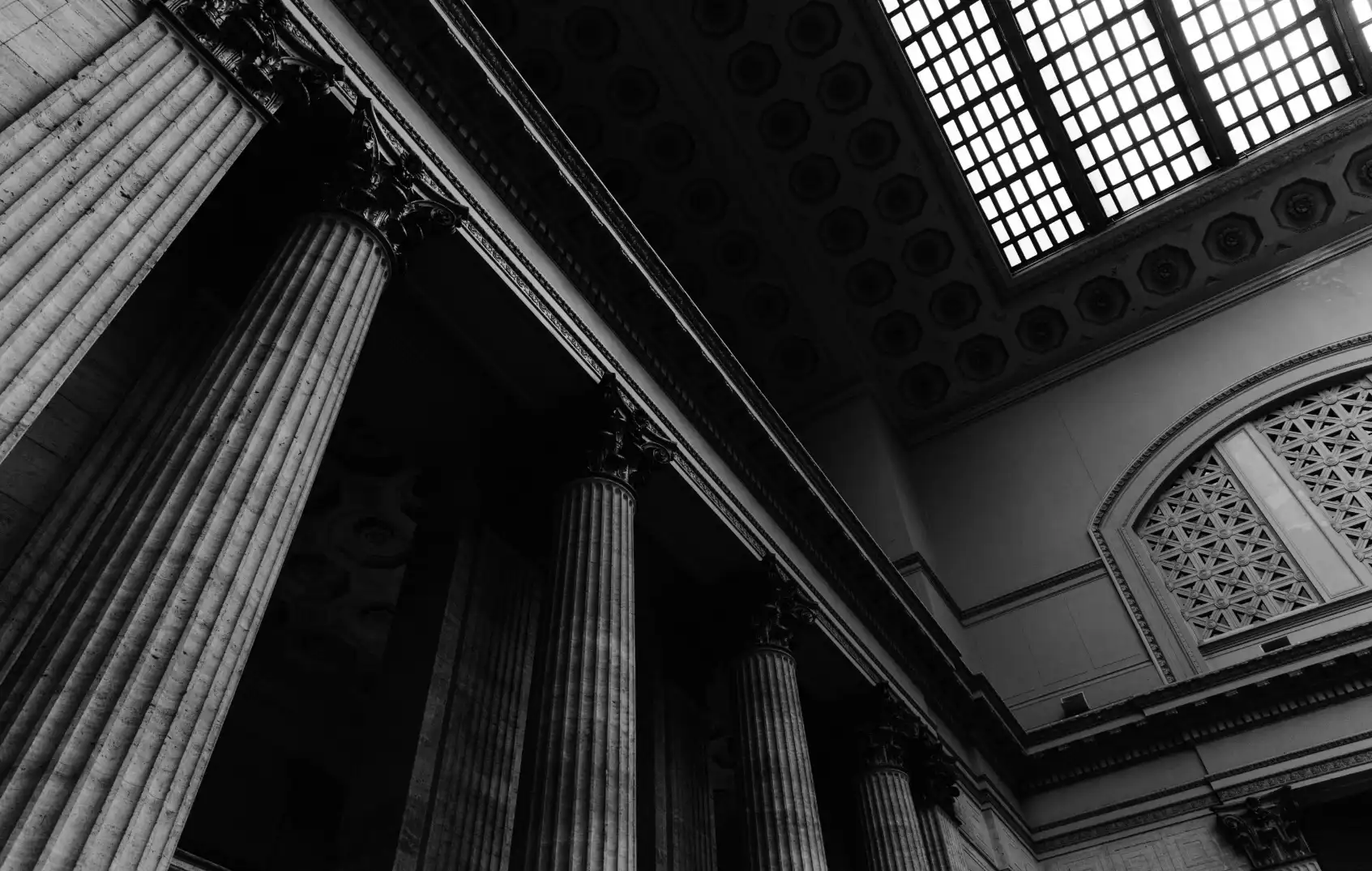In an era of globalization with so many investors entering and establishing themselves in the Muslim world a sound knowledge of how Muslim laws operate would be crucial for anyone involved in banking, insurance, syndicated loan agreements, agency contracts, and distributorships.
Judicial Arbitration Law No. 11 for the year 1995 establishes the procedure whereby a panel of arbitrators may be formed in the Court of Appeal. Article 1 of the said law states that one arbitration board or more shall be formed in the house of the Court of Appeal, consisting of three judges and two arbitrators, each of the disputing parties can choose from the arbitrators enrolled, from the tables prepared in this regard in the arbitration department of the Court of Appeal. If both of the parties have failed to do so, then within ten days following the request from the arbitration department to select the arbitrator, the department can appoint the arbitrator. The most senior member shall act as the chairman, who shall at least be in the grade of a counselor. The board shall hold its meetings in the house of the Court of Appeal or in such other place as the chairman may suggest. The resolution concerning the appointment of the arbitrators shall be issued by the supreme judiciary council, for a duration of two years, from the date of issuance of the resolution.
Article two of the said Law confirms that the five-member panel shall decide on the following matters:
-
Any arbitration matter that the parties agree to refer to the panel.
-
Any arbitration matter arising out of a contractual dispute where the parties failed to specify another panel in their arbitration agreement.
-
Exclusive jurisdiction over disputes between the Ministries, or other governmental authorities and public juristic persons where the Government owns all its share capital and in disputes between such public juristic persons.
-
Disputes between individuals or corporate entities and any ministry, other governmental entity, or public juristic persons.
The individuals and corporate entities can choose either to proceed to the court or force the government entity to submit to judicial arbitration as long as the same dispute is not already being litigated in the courts.
As per Sharia Law, an arbitral award has a jurisdictional character and is binding and enforceable. According to the Maliki, Hanbali, Hanafi, and the majority of the “Shafi’ School an arbitral award is as enforceable as a court order. As to the enforcement of foreign arbitral awards, the attitude of Sharia is dependent on the bilateral and international conventions and treaties to which the party states have entered. Moreover, the Muslim judge may set aside a foreign award or refuse enforcement if the award violates the general principles of Sharia and/or its sources (Quran and Sunnah).
Foreign arbitral awards are enforceable in Kuwait but the principal requirement is that of a reciprocal relationship. The enforcement of foreign arbitral awards is simpler when compared to the enforcement of foreign judgments. Reciprocity can easily be established in case of enforcement of arbitration awards as Kuwait has ratified the New York Convention on the Enforcement of Arbitration Awards by enacting Law No. 10 of 1998. Thus an award passed by a foreign arbitral tribunal may be enforced in Kuwait, provided the country where the award has been issued is also a member of the Convention.
The enforcement of foreign arbitral awards is comparatively simpler if the matter in dispute is arbitrated according to Kuwaiti law, provided it does not contradict mandatory provisions or constitutes criminal conduct under Kuwaiti Law.







